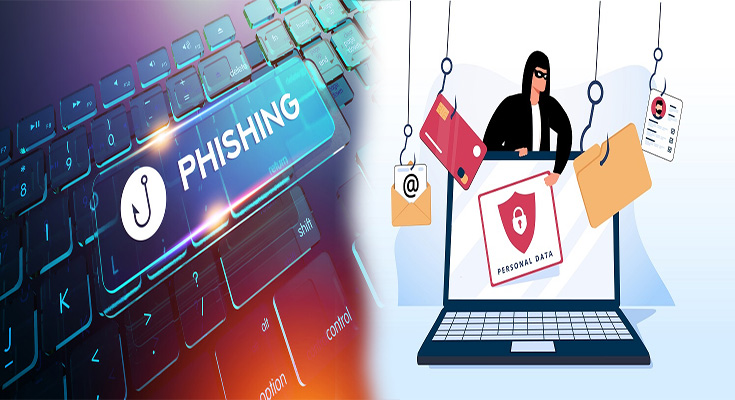
How To Stay Safe In The Age Of Malware
You may have heard that computers can get viruses or malware, but maybe you don’t know much more than that. It’s true: Malware is a real threat to your computer. But there are ways you can protect yourself. In this guide, we’ll walk through some basic steps for staying safe online in the age of malware.
1. Keep your software updated
The first thing you should do is make sure that your software is up-to-date. This means updating your operating system, apps, and browsers. It also means keeping your security software updated (anti-malware and antivirus), as well as updating the firmware of your router and any other devices connected to it (modems).
If you’re using an old version of Windows or macOS that doesn’t have automatic updates enabled by default–or if you’ve disabled them because they were interfering with something else on your computer–it’s important to check for updates manually …
How To Stay Safe In The Age Of Malware Read More



